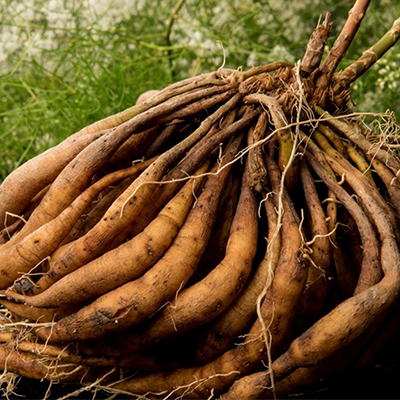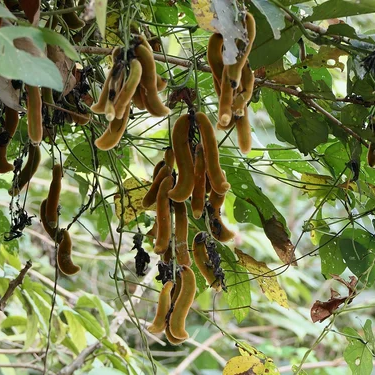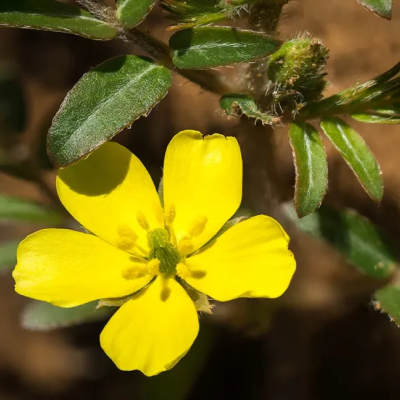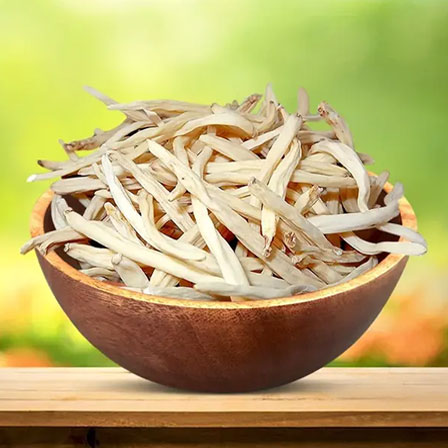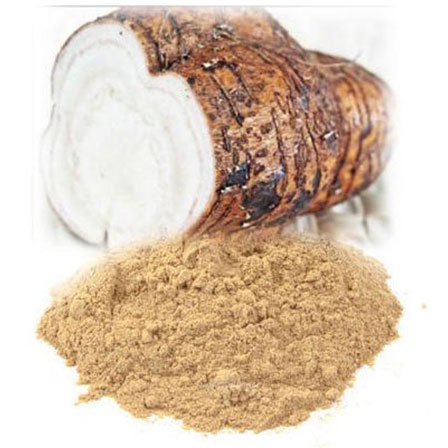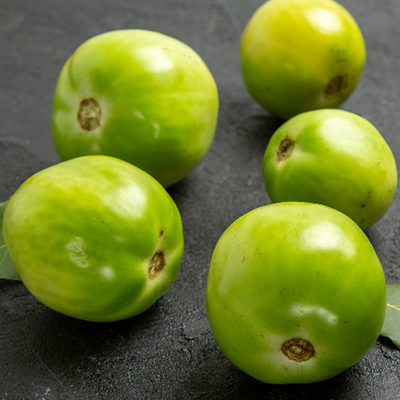Oligospermia is a medical condition characterized by a low sperm count in the ejaculate, defined as fewer than 15 million sperm per milliliter of semen. It is one of the leading causes of male infertility, but it may be reversible with appropriate interventions.
Causes of Oligospermia
Medical Causes
- Hormonal Imbalance: Low levels of testosterone or dysfunction of the hypothalamus or pituitary gland.
- Varicocele: Swelling of veins within the scrotum, affecting sperm production.
- Infections: Conditions like epididymitis, prostatitis, or sexually transmitted infections (STIs) that damage sperm.
- Retrograde Ejaculation: Semen entering the bladder instead of exiting through the urethra.
- Autoimmune Disorders: The immune system attacking sperm cells.
- Genetic Abnormalities: Conditions like Klinefelter syndrome or Y chromosome micro deletions.
Lifestyle and Environmental Factors
- Heat Exposure: Frequent use of saunas, hot tubs, or tight clothing affecting testicular temperature.
- Substance Abuse: Smoking, alcohol consumption, and recreational drug use.
- Stress and Fatigue: Chronic stress impacts hormone regulation and sperm production.
- Obesity: Alters hormone levels, reducing sperm count.
Medications and Treatments
- Certain antibiotics, anabolic steroids, chemotherapy, and radiation therapy.
Other Factors
- Nutritional deficiencies (zinc, selenium, vitamins C and E).
- Excessive cycling or prolonged sitting.
- Exposure to toxins (pesticides, heavy metals, radiation).
Symptoms Associated with Oligospermia
- Difficulty conceiving a child (infertility).
- Changes in sexual function, such as reduced libido or erectile dysfunction.
- Pain or swelling in the testicles.
- Hormonal imbalances, manifesting as decreased facial or body hair.
- Emotional stress or depression due to infertility.
Ayurvedic Interpretation of Oligospermia
In Ayurveda, Oligospermia is correlated with "Shukra Kshaya" or "Beeja Dosha", which denotes a deficiency or impairment in the Shukra Dhatu (reproductive tissue). It is often associated with vitiation of the Vata and Pitta doshas, leading to weakened reproductive capability.
Ayurvedic Treatment for Oligospermia
Ayurveda offers a holistic approach targeting the root causes, emphasizing dosha balance, rejuvenation of Shukra Dhatu, detoxification, and lifestyle improvements.
Panchakarma (Detoxification Therapy)
- Virechana (Purgation Therapy): Removes toxins and balances Pitta dosha.
- Basti (Enema Therapy): Strengthens reproductive organs by pacifying Vata dosha.
- Shirodhara: Relieves stress and improves hormonal balance.
- Abhyanga (Oil Massage): Strengthens the reproductive system and pacifies Vata.
- Nasya (Nasal Administration): Improves hormonal balance and reduces stress.
- Uttarbasti: A specialized procedure to treat reproductive disorders.
Dietary Guidelines
Foods to Include:
- Milk, ghee, almonds, walnuts, pumpkin seeds, and sesame seeds.
- Green leafy vegetables, fruits like bananas, dates, and pomegranates.
- Whole grains like wheat and barley.
- Spices like cardamom, saffron, and ginger.
Foods to Avoid:
- Processed foods, fried items, and fast foods.
- Excessive spicy, salty, or sour foods.
- Alcohol, caffeine, and smoking.
Lifestyle Modifications
- Stress Management: Practice yoga, meditation, and pranayama (e.g., Nadi Shodhana and Bhastrika).
- Regular Exercise: Opt for moderate activities like walking, swimming, and yoga asanas (e.g., Sarvangasana, Vajrasana).
- Avoid Heat Exposure: Protect testicles from overheating (e.g., avoid hot tubs, tight clothing).
- Sleep Pattern: Ensure 7–8 hours of restful sleep.
Home Remedies
- Milk and Ashwagandha: Mix 1 teaspoon of Ashwagandha powder in warm milk with a bit of honey, consumed daily.
- Garlic and Honey: Chew 1–2 garlic cloves and follow with a spoonful of honey to improve fertility.
- Fenugreek Seeds: Boil fenugreek seeds in water and consume to improve testosterone levels.
Herbs and Formulations
Herbs that nourish Shukra Dhatu and improve sperm count:
Ashwagandha (Withania somnifera)
Enhances testosterone levels, sperm motility, and overall vitality.
Shatavari (Asparagus racemosus)
Rejuvenates reproductive tissues and balances hormones.
Kapikacchu (Mucuna pruriens)
Increases sperm count, motility, and sexual health.
Gokshura (Tribulus terrestris)
Improves libido and sperm production.
Safed Musli (Chlorophytum borivilianum)
Acts as an aphrodisiac and strengthens Shukra Dhatu.
Vidarikand (Pueraria tuberosa)
Enhances sperm quality and overall reproductive health.
Amalaki (Emblica officinalis)
Rich in antioxidants, it detoxifies and boosts reproductive health.
Rasayanas (Rejuvenation Therapy)
- Chyawanprash: Promotes overall vitality and improves Shukra Dhatu.
- Shilajit: A mineral-based substance that increases testosterone and enhances fertility.
- Swarn Bhasma: Used in specific formulations to strengthen reproductive functions.
Oligospermia is a complex condition requiring a multidisciplinary approach. Ayurveda offers an effective management strategy that includes detoxification, herbal remedies, lifestyle changes, and rejuvenation therapies. Regular follow-up with a healthcare provider and adherence to Ayurvedic principles can improve sperm health and enhance fertility.




